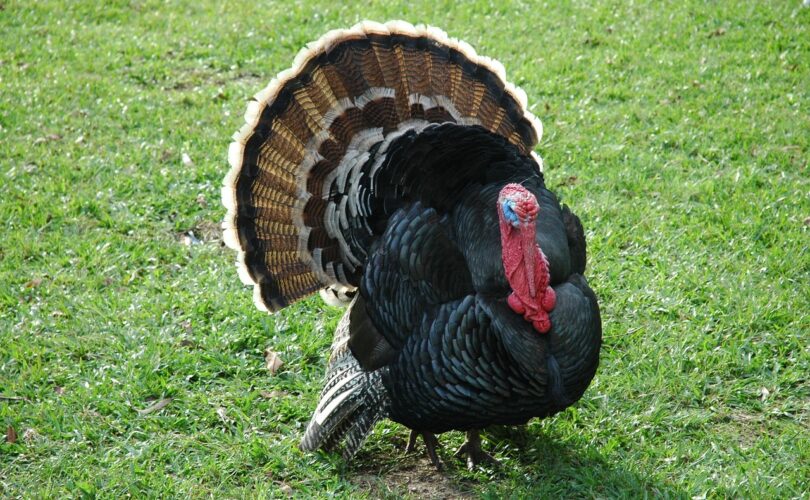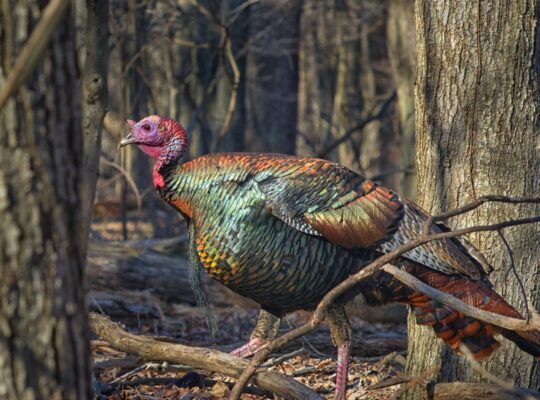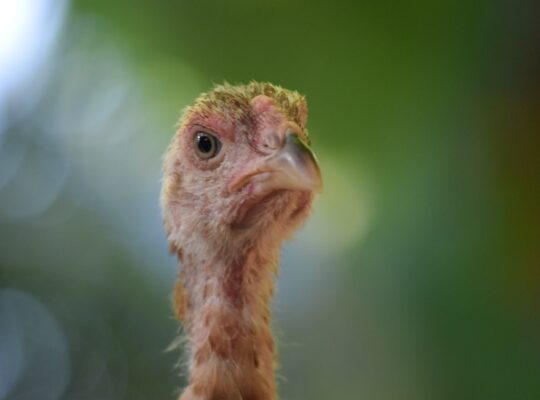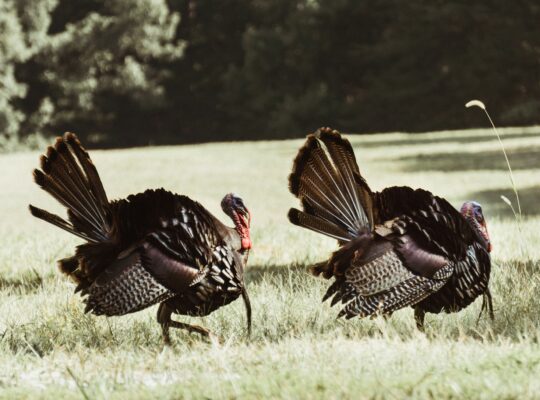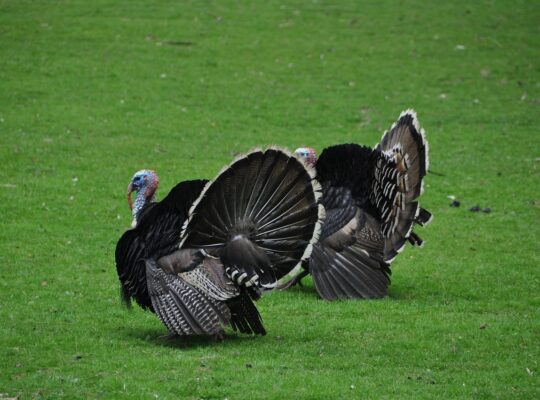Laying eggs is an essential aspect of the reproductive process for birds of all kinds, including turkeys. Turkeys can lay one egg every day at their full size, earning them the reputation of being great layers. Several factors affect the total number of eggs a turkey lays in a year. Some of these factors include the breed, the age of the turkey, as well as its overall health and nutrition.
Turkeys usually start laying eggs when they’re around 5 or 6 months old at the earliest. In general, a year passes between each of their laying cycles; however, many breeds might continue to produce eggs for several years. There is a wide range of possible annual egg production, with some turkeys making as little as 60 eggs while others are capable of producing over 200 eggs annually.
Several elements, including nutrition, lighting, and temperature, may affect the overall quality of the eggs that a turkey lays. A diet rich in protein, vitamins, and minerals may guarantee that the eggs are of good quality and have a thick shell that can withstand a lot of pressure. A sufficient amount of illumination, such as exposing the animal to between 14 and 16 hours of light per day, may also aid in accelerating the formation of eggs.
The eggs laid by turkeys are versatile enough to serve as food and incubation material. If the eggs are going to be eaten, they must be gathered each day and kept in a dry and cold location until they are needed. If the eggs are going to be incubated, they need to be kept in a warm and humid environment until they hatch.
Turkeys have the potential to lay eggs for around one year, with their production reaching its peak between the ages of 5 and 6 months. There are a variety of elements, including nutrition, lighting, and temperature, that may affect the number of eggs laid as well as the quality of those eggs.
Eggs produced by turkeys are a great source of nourishment and may be an essential element of a sustainable agricultural enterprise. Whether for food or incubation, eggs laid by turkeys can be used in any of these ways.
Do Turkeys Lay Eggs All Year Round?
Turkeys are not egg-laying birds all year. They have a breeding season that lasts from the spring through the summer, during which they can deposit eggs. The precise date of the mating season and the number of eggs deposited might vary based on the breed of turkey, the environment, and other variables. On the other hand, turkeys lay their eggs from March to June, with peak laying happening in April and May.
During the non-breeding season, turkeys cease producing eggs and concentrate on molting, losing their feathers, and bulking up for the next breeding season. Some farmers may adjust the surroundings and light schedule to lengthen the laying season artificially, but this is not natural for the birds and can be unpleasant for them.
Farmers often allow turkeys to enjoy a wild non-breeding season when they may rest and regenerate before beginning the next breeding cycle to preserve the health and production of their flock.
Signs That A Turkey Is About To Lay Eggs
There are various indicators of when a turkey is going to produce eggs. The first and most visible indicator is the turkey’s behavior change. A turkey preparing to lay eggs may get restless and begin looking for an excellent location to deposit her eggs. She may also spend more time alone and become less gregarious with her other turkeys.
Another clue is a change in the look of the turkey’s comb and wattles. These fleshy bumps on the head and neck of the turkey will get more red and bloated, indicating that the turkey is prepared to lay eggs.
The weight and health of a turkey also indicate when it will produce eggs. Turkeys will naturally lose weight in the days leading up to egg laying because the energy usually utilized to maintain their body weight is transferred to egg production.
Gently touching a turkey’s belly may also detect the existence of an egg within the oviduct. This egg feels like a tiny, firm lump behind the pubic bones. As the turkey approaches egg laying, this mass will travel farther down the oviduct, exiting the vent.
It’s also possible to see a difference in the turkey’s excrement. As the bird begins to lay eggs, her feces may become funnier and Whittier in composition. This indicates that the bird’s body is diverting resources to egg production.
Finally, you may observe a shift in the size and frequency of the turkey’s brooding behavior. Brooding behavior entails the turkey resting on her eggs to keep them warm and incubate them. As the turkey comes closer to producing her eggs, she may begin to brood more often and for longer.
Can a male turkey lay eggs?
Male turkeys (sometimes called toms) do not lay eggs. The capacity to lay eggs is restricted to female birds, known as hens, in turkeys, and most other birds. This is because the female reproductive system, notably the ovaries, creates eggs, while the male reproductive system produces sperm to fertilize the eggs.
Like other male birds, the male turkey lacks ovaries and hence cannot make eggs. Instead, the tom’s primary duty in reproduction is to fertilize the hen’s eggs. The tom will fertilize the eggs within the hen’s oviduct during mating, and the hen will deposit the fertilized eggs.
Male turkeys lack the reproductive anatomy required to produce eggs and the hormones and other physiological processes needed to sustain egg formation. Only female turkeys can lay eggs due to the intricate interaction of hormones, anatomy, and genetics that distinguish male and female birds.
In summary, turkeys may lay eggs for up to a year, with the peak of egg production coming between the ages of 5 and 6 months. Nutrition, lighting, and temperature are all elements that may influence the quantity and quality of eggs laid. Turkey eggs are versatile enough to be used as food and incubation material. Male turkeys, on the other hand, cannot produce eggs owing to a lack of reproductive anatomy and hormones required for egg formation.

